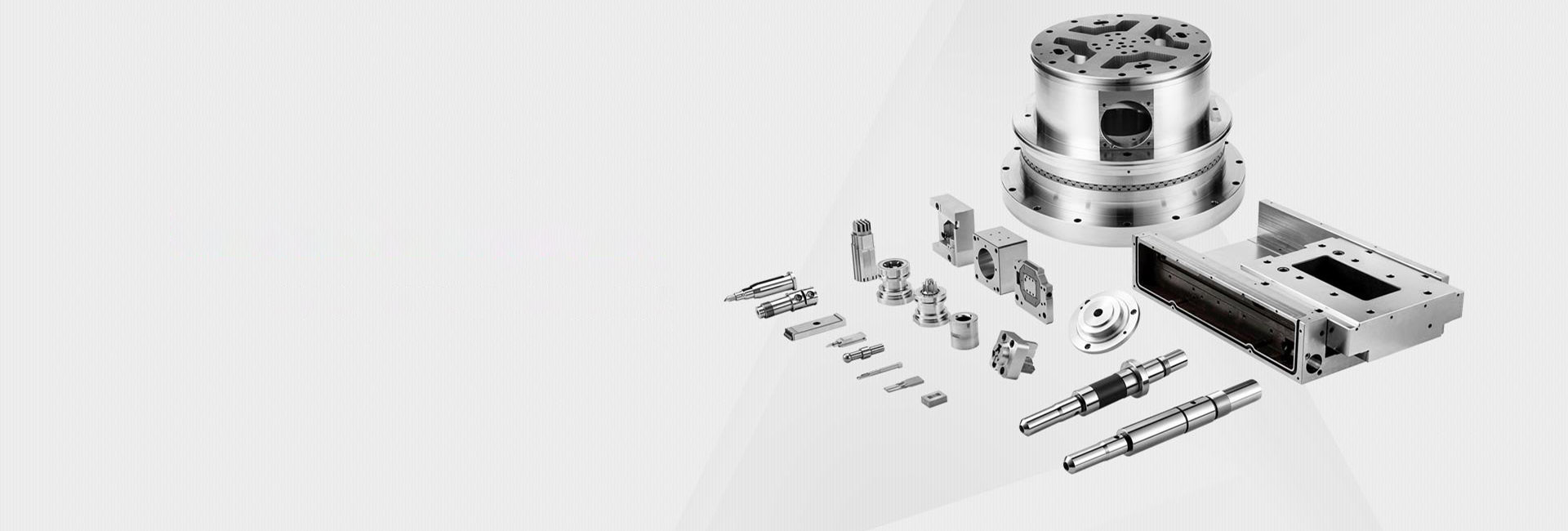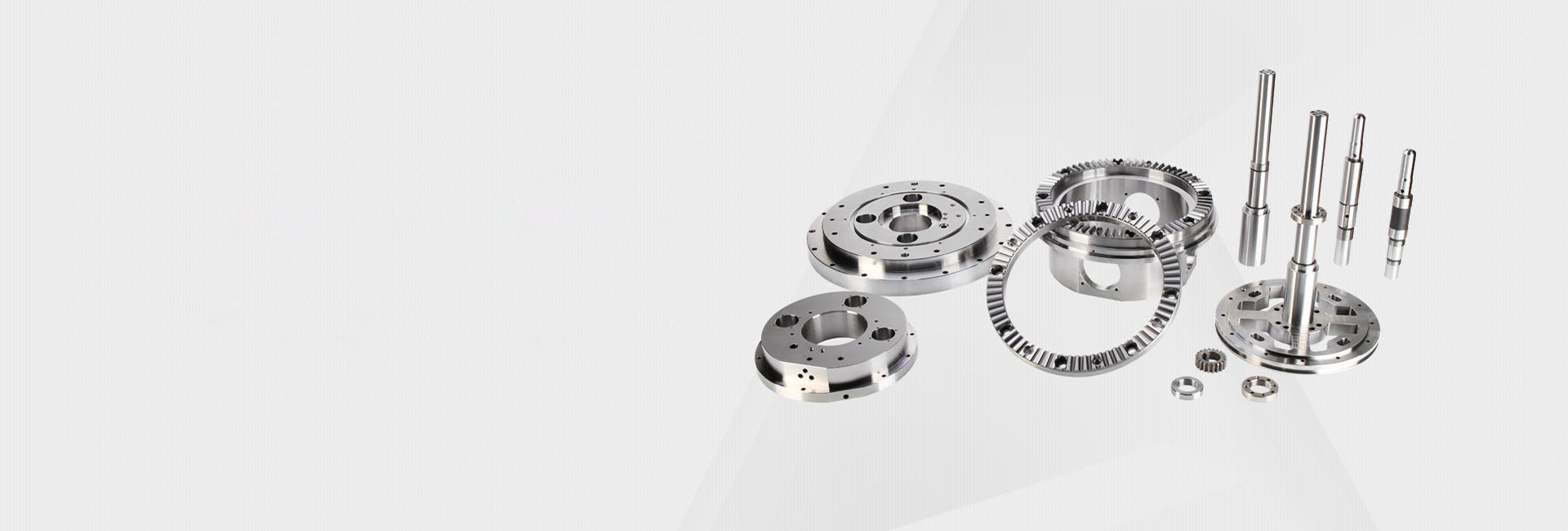CNC Machining Factories: How to Choose a Reliable Partner
Hey, aren’t you also torn to pieces when looking for a CNC machining factory? 😫 Clearly, the drawings and materials are all ready, but you get stuck at the "factory selection" step—worried about overpricing, poor quality, or delayed delivery... I get it! Today, let’s talk about how to pick the right CNC machining factory, because a wrong choice can really crash your project!
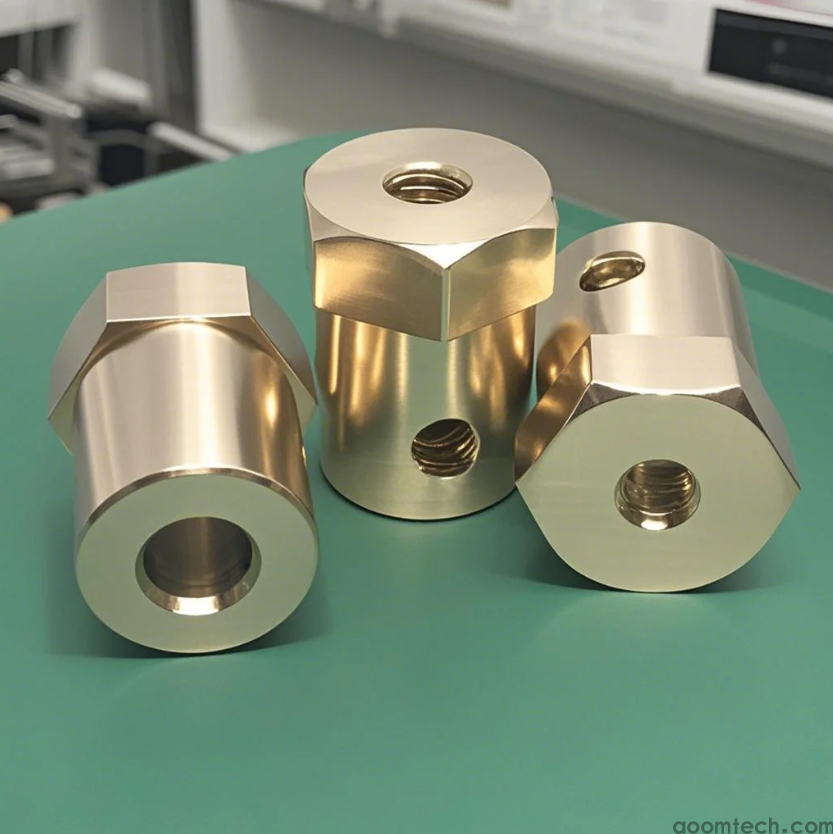
🔍 What Exactly Can a CNC Machining Factory Do for You?
CNC (Computer Numerical Control) is not just simply "cutting metal". It controls machine tools through programming and can handle complex, precision parts—from tiny phone screws and large automotive engine blocks to even medical implants! A good factory can master turning, milling, drilling, and even 5-axis machining, and achieving a precision of ±0.001mm is no big deal. For example, some factories in Dongguan specialize in automotive parts, using Japanese Mazak 5-axis machines to process turbine blades; while some factories in Shenzhen focus on medical-grade aluminum parts, controlling surface roughness to Ra ≤ 0.1μm!
📊 Comparison of Core Capabilities of Reliable CNC Factories (with Pitfall-Avoidance Guide)
| Capability Dimension | Ordinary Factories | High-Quality Factories (Recommended!) |
|----------------------------|---------------------------------------------|---------------------------------------------|
| Equipment Type | Old domestic machines with large precision fluctuations | Imported 5-axis machines (e.g., Mazak, DMG) + laser detectors |
| Quality Inspection Process | Random sampling, relying on senior workers’ experience | 100% inspection + Zeiss coordinate measuring machine (precision: 0.0009mm) |
| Material Compatibility | Only ordinary steel and aluminum | Stainless steel, titanium alloy, medical-grade PEEK material |
| Industry Certifications | None or only ISO 9001 | IATF 16949 (automotive certification) / medical GMP |
| Typical Applications | Hardware housings, simple structural parts | New energy vehicle components, aviation bearings |
Data synthesized from industry standards of top factories in Guangdong
When selecting a factory, always check the equipment list—does it have high-speed milling machines? Does it have a constant-temperature workshop to prevent thermal deformation? Then check case experience; for example, factories that have produced similar parts are more reliable! I suggest directly asking: "How do you handle aluminum part deformation?" or "How do you ensure the precision of impeller-like curved surfaces?"—if they can’t answer, eliminate them immediately!
💡 Q&A: How to Deal with Common Pitfalls in Factory Selection?
Q: Will factories with low quotes add extra charges later?
A: Oh, this is way too common! Some factories lure you with low prices first, then say "extra charge for tool wear" or "extra charge due to material price increases" 😤... So the contract must clearly specify the process standards! It’s best to require them to provide machining parameter records (e.g., cutting speed, tool brand) to avoid disputes.
Q: What if large factories refuse small-batch orders?
A: Don’t force cooperation with giants like Wanfuxin (they only take orders for 10,000+ cars [doge])! Instead, look for medium-sized specialized factories. For example, some factories in Dongguan focus on small medical parts, accepting orders starting from 10 pieces and assigning dedicated customer service to track progress—I’ve tested this myself, and their response is much faster!
🌟 Industry Trends & My Suggestions
Nowadays, smart factories are the mainstream! Many CNC factories have adopted IoT connectivity, allowing you to check the real-time status of machine tools on your phone; green manufacturing is also popular, using eco-friendly cutting fluids and achieving an aluminum chip recycling rate of over 95%. If you’re producing parts for export, remember to choose factories with EU RoHS certification to avoid heavy metal exceedance!
Finally, here’s a tip: ✅ Priority goes to factories in Dongguan and Shenzhen (complete industrial chain, easy to adjust emergency materials); ✅ When sampling, always check surface finish—use a magnifying glass to inspect tool marks! ✅ Don’t blindly believe in "German equipment"; the operator’s experience is the key! Hope you can find an excellent supplier!
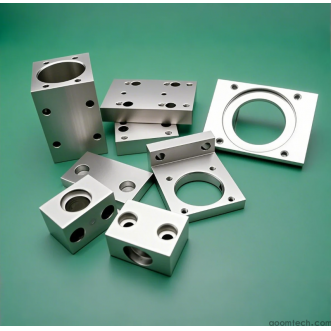 How is the price calculated fo
How is the price calculated fo
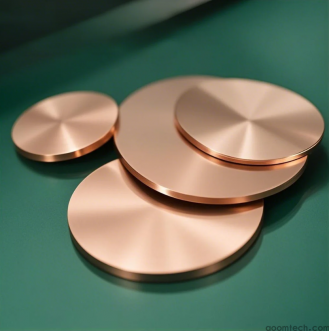 How Does a High-Precision CNC
How Does a High-Precision CNC
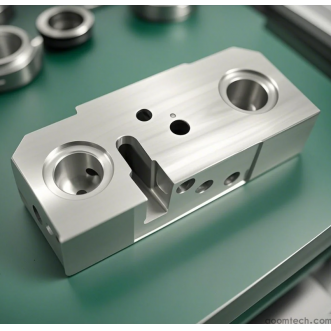 What Factors Affect CNC Machin
What Factors Affect CNC Machin
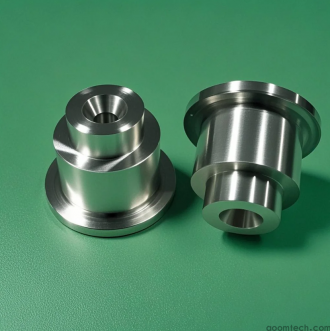 How to Choose a Supplier for C
How to Choose a Supplier for C

